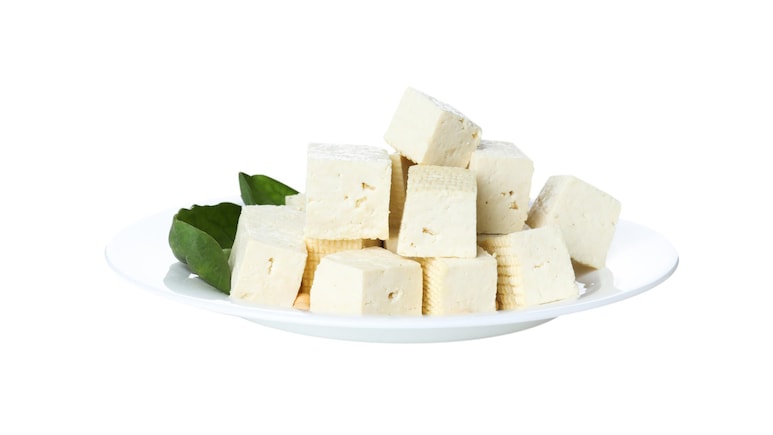
FSSAI and local food-safety teams seized about 500-550 kg of suspected fake paneer in Noida during a late-night inspection on October 11-12, 2025. The paneer samples were sent for laboratory testing and the stock was declared unfit and destroyed. This is not an isolated incident. Over the past year, multiple state food authorities have reported large seizures. Hundreds of kilos of paneer and milk-based sweets were seized and destroyed in Jaipur and Chandigarh during anti-adulteration drives, and police in Noida earlier arrested alleged distributors of synthetic paneer sold to small eateries. Local sample surveys and testing drives have been alarming, especially during the festive season. In a recent inspection drive in Noida and Greater Noida, media reports say paneer topped the failure charts. About 83% of received paneer samples failed quality standards, with roughly 40% declared unsafe after lab tests detected chemicals or unidentified non-dairy materials. Authorities have filed prosecutions and imposed penalties in several cases. Given that many Indians are dependent on paneer as a protein source daily, plus thanks to the fact that demands for paneer increase with Diwali and other festivals around, it is important that you understand just what the health hazards associated with consuming fake paneer are, and how you can protect your family and loved ones from these hazards during the festive season. Why Is Fake Paneer Dangerous For Health?Adulterated paneer is often made by substituting milk with cheaper ingredients (milk powder, vegetable oils such as palm oil, or starches) or by adding preservatives/chemicals to extend shelf life and mimic texture. Some reports have flagged the use of formalin, detergents and industrial stabilisers in illicit preparations. Consuming such products can cause immediate problems, food poisoning, vomiting, diarrhoea, allergic reactions, and long-term risks such as kidney or liver damage if toxic chemicals are present. Beyond direct toxicity, fake paneer is nutritionally inferior. It reduces protein intake (which is very important for children, pregnant women and elderly people) and can mislead consumers about calorie or fat content, a concern for those managing diabetes or heart disease. Large-scale infiltration of fake paneer also undermines trust in small food businesses and raises the risk of mass foodborne illness during festivals when consumption surges. Home Tests To Spot Fake Paneer: Do They Work?Food-safety teams and consumer advisories suggest a few quick checks you can do at home. None replace lab testing, but they help flag suspicious products:
Note: Tests promoted or hyped up on social media can be misleading. A definitive assessment requires laboratory analysis. If you suspect adulteration, alert local food-safety authorities and avoid consuming the product.  Photo Credit: Pexels Fake Paneer Precautions For The Festive SeasonIf you and your loved ones are buying or consuming paneer during the festive season, here are some precautions you can take:
What The FSSAI Is Doing About Fake PaneerFSSAI has urged regular sampling of commonly consumed dairy items, ramped up inspections before festivals, and pushed states to prosecute offenders swiftly. Local health departments have stepped up surprise raids and lab testing. Yet, resource and manpower constraints mean enforcement remains a challenge. Consumers are urged to stay vigilant. Fake paneer is not merely a culinary disappointment, it is a public-health hazard. With enforcement actions increasing ahead of festivals, consumers should be alert: buy smart, perform basic sensory checks, and report any suspicious product. When in doubt, avoid buying from unknown vendors. Preparing paneer at home from good-quality milk is the safest option during high-risk periods. Disclaimer: This content including advice provides generic information only. It is in no way a substitute for a qualified medical opinion. Always consult a specialist or your own doctor for more information. NDTV does not claim responsibility for this information. |
Track Latest News Live on NDTV.com and get news updates from India and around the world

